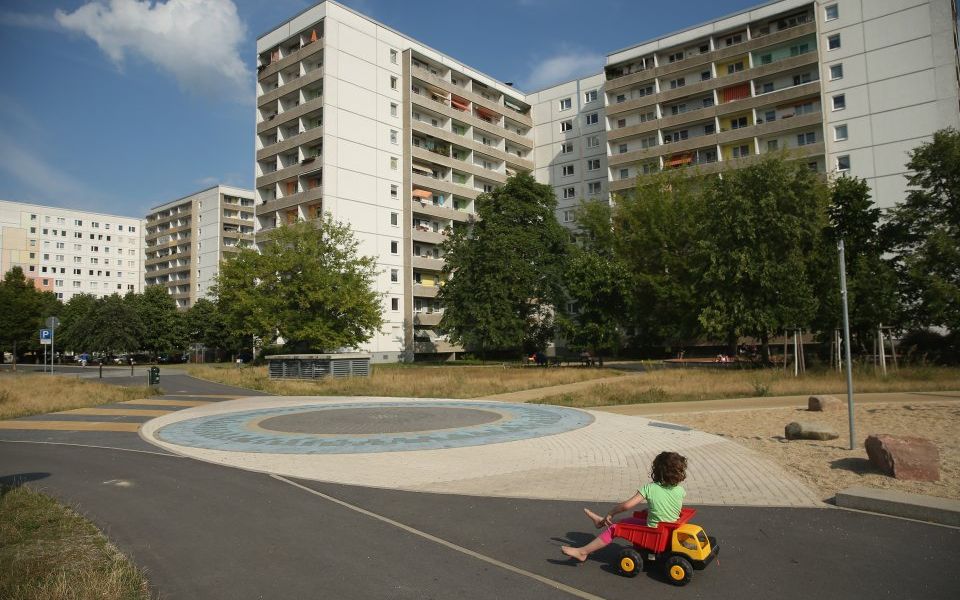Legal Q&A: I intend to extend the lease of my flat and read the price payable for an extension is 15 times the current ground rent? Is this correct?

There is a popular myth that the price for a lease term extension is simply a multiple of the passing ground rent under the terms of the lease.
Unfortunately, the price payable for a lease term extension is not as straightforward. Pursuant to the Leasehold Reform, Housing and Urban Land Act 1993 (the Act) and subject to meeting relevant criteria, a leaseholder can force a landlord to grant a lease term extension under the Act.
The landlord is obliged to grant a new lease of 90 years plus the term that is left on the existing lease and the ground rent is reduced to nil for the remainder of the new extended lease. The Act sets out the principles upon which the price for the lease term extension is calculated and which does factor in lost ground rent.
A valuer who specialises in preparing a valuation under the Act is best placed to advise and part of the process is to consider market values.
Essentially, because the ground rent under the terms of the new lease will be reduced to nil, the price will factor compensating the landlord for the loss of ground rent that would otherwise be payable for the rest of the term of the existing lease.
Where the lease is less than 80 years, the landlord is entitled to 50 per cent of the profit stemming from the increase in value of the property arising from the grant of the new lease. The impact on the price is significant which is why it is crucial to extend your lease before it falls below 80 years. In recent months, some lenders have amended their lending requirements and will not lend where the lease of the property has less than 85 years left to run.
Other compensation is available if the landlord can successfully establish that by extending the lease he or she has suffered a reduction in the value of his or her interest in the building or other flats in the building, for example.
The Government is currently considering ways in which to streamline the process for extending leases (and buying freeholds) and if the Leasehold Reform Bill is passed, there is scope to simplify and possibly cap the price payable for a lease extension.
Separately, the parties are free to negotiate terms outside of the Act i.e., for a longer or shorter lease length, to include a ground rent and any other terms that are negotiated between the parties. All of which will have an impact on the valuation and therefore price payable for the lease term extension.
Bircham Dyson Bell is a multi-disciplinary UK law firm advising private companies, public sector bodies, not-for-profit organisations and individuals since 1834. Visit bdb-law.co.uk to find out more